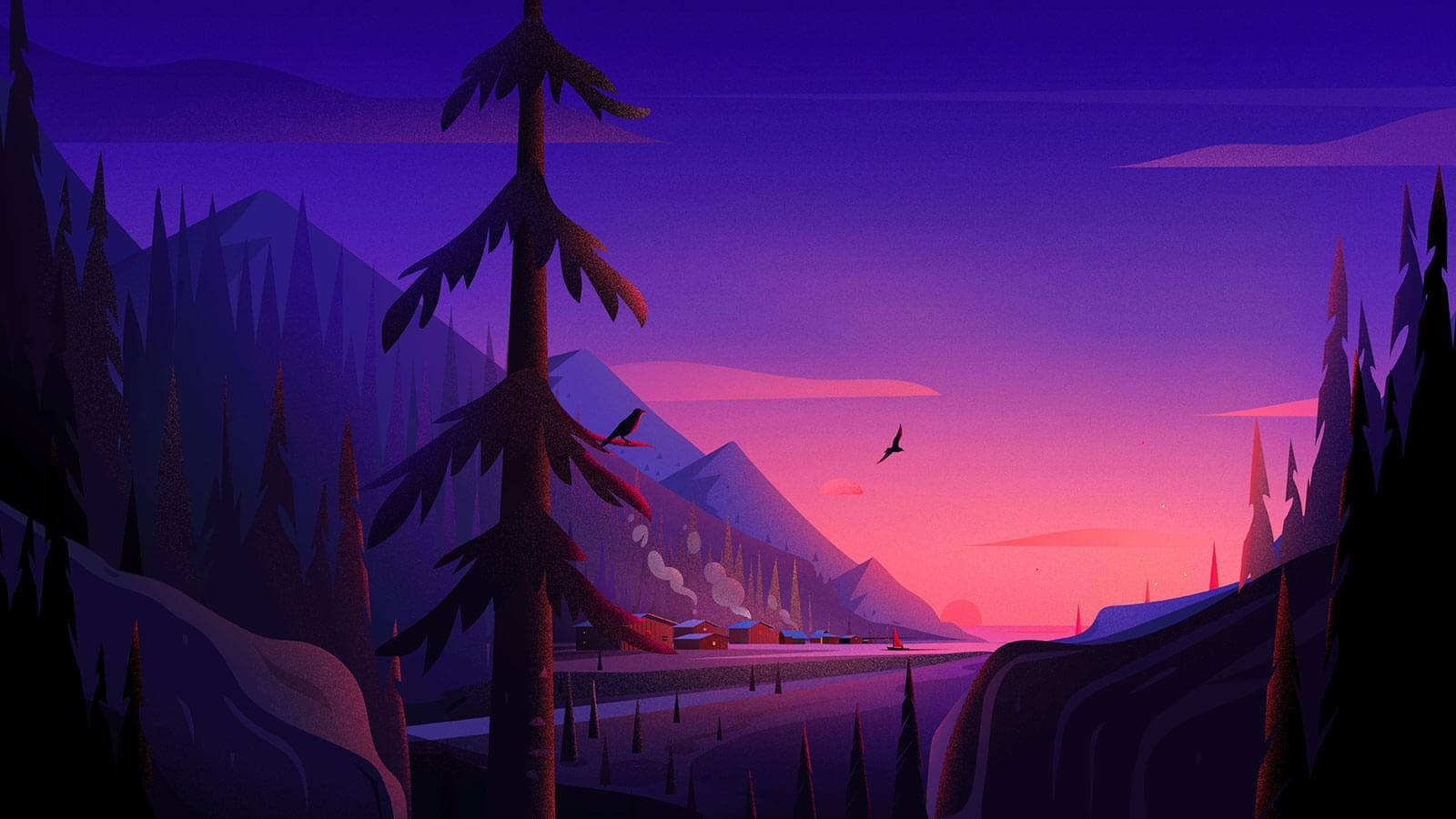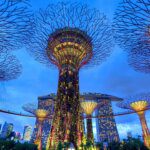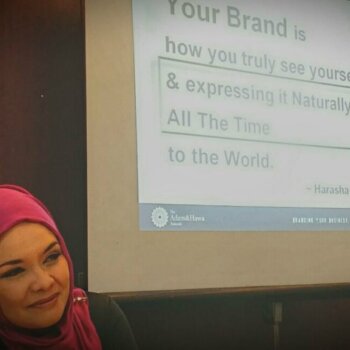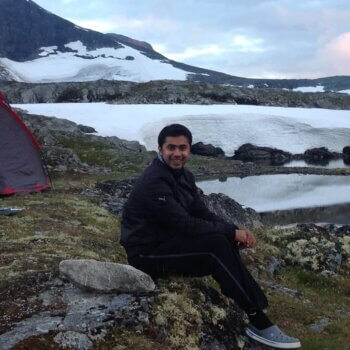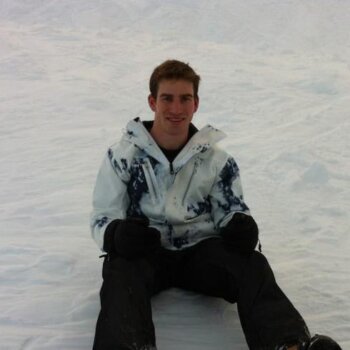This is the way a new universe is supposed to work, or at least, how the universe has to work, if it is supposed to.
If all the things in the universe (like every single cell, tree, galaxy, star, planet, etc.) can only be understood if you accept that they were created in some very particular manner, then there is no logical possibility to think that they created at all. If you think about it, we’ve found out a whole lot about the universe (and every single part of it), and we can’t accept anything as fact unless there is a logical reason for it.

You can’t say ‘it’ created out of nothing until you’ve measured something, or figured out the speed of light and the mass of the sun and the mass of matter that they’re all made of, etc – at that point all we say is ‘something’ creates stuff (and it only works for one case; it can’t be true for every case, since it’s impossible to know what might or might not have happened). So then we either have to accept that everything in nature is random, or if that’s the case, we just don’t expect the universe to continue to be random.
There’s a real question here, and the best answer is that you should be willing to consider, but don’t think that
When we talk about animals then they can be considered species, but this is a false and illogical concept. Species do not exist. Humans are one, all animals are one, they are one.
No wonder people say ‘the woods are the home of the wild’. So I’ve never been there before, it’s been hard to get here from Seattle. My first few days were amazing, I had a lot of freedom. I was free to make wild food, to use fire, go where I wanted (like hiking, kayaking, or snowshoeing), to climb any mountain, to just go wherever I thought might be interesting. This was around August.
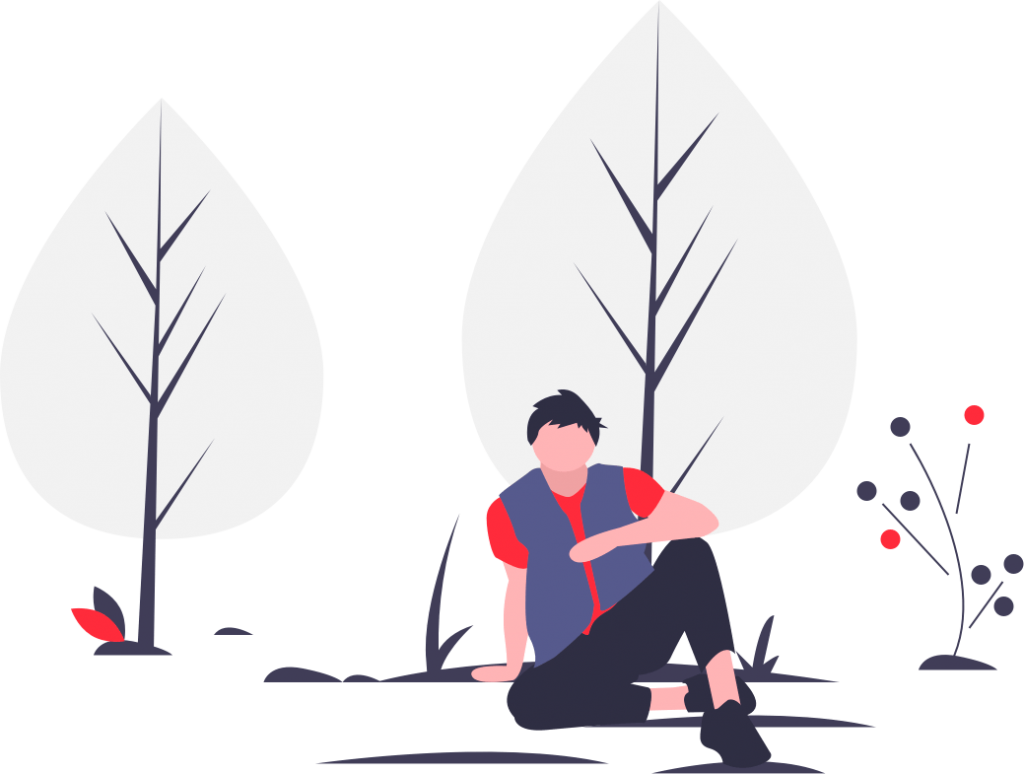
So my expectations were way off, my first day of freedom was August 25th. I didn’t really expect to see any bears there. I think I was going to kill a little one on my snowshoes, but it just sort of disappeared.
I guess I’m just the weirdo that likes the outdoors. I had my dogs with me, they were amazing with their food. I was taking them for walks, they would run and chase every bit of wildlife they came across, it wasn’t long at all before someone would come running towards them telling them there was a bear.
